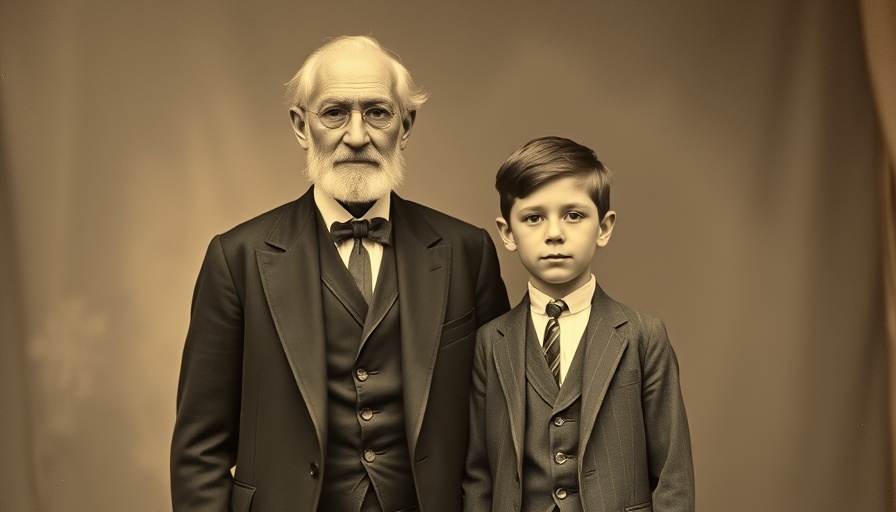
Finding Common Ground Amid Differences
In today’s increasingly polarized society, particularly within faith communities, the ability to find common ground is not just beneficial but essential. The Seventh-day Adventist (SDA) community faces unique challenges in navigating diverse perspectives while remaining united. This effort is pivotal not only for internal cohesion but also for making a substantial impact on broader societal norms.
The Importance of Understanding Different Perspectives
Understanding differing viewpoints within any group can elevate discussions from mere debate to meaningful dialogue. For members of the SDA community, encouraging open conversations—whether about doctrinal differences or varying cultural interpretations—can build a richer tapestry of spiritual life. Recently, during the AG-2025 meetings, these discussions have become more vibrant than ever, allowing members to share insights that could bridge significant gaps.
Lessons from Historical Contexts
The challenge of reconciling differences isn't new. Historically, religious communities have often been divided by interpretation, practice, and belief. The Protestant Reformation serves as a poignant example. Despite fierce debates, many reformers ultimately sought common ground over contentious doctrines, which has resulted in today’s diverse yet interconnected Christian landscape. How can the SDA community adapt these lessons from history to contemporary discussions?
Highlighted Examples of Unity in Diversity
Incorporating stories of successful collaboration can illuminate potential paths forward. For instance, churches in diverse neighborhoods that collaborate on community service initiatives often find their spiritual missions strengthened by the mixed perspectives they encounter. SDA congregations involved in interfaith dialogues or community outreach programs with various denominations showcase how differences can empower unity, creating robust partnerships.
Current Trends Affecting Faith Communities
Today, societal trends such as increasing secularism and cultural shifts challenge traditional religious practices. Faith communities are called to respond with empathy and understanding rather than dismissal. As the SDA community seeks relevancy in conversations about such trends, members should focus on the core principles that unite them while acknowledging the differences that enrich their collective faith experience.
What This Means for the Future of the SDA Community
In moving forward, the SDA community must prioritize creating safe spaces for dialogue about differences. Cultivating environments where everyone feels heard encourages participation in community life. The emphasis should be on developing an ethos of respect and understanding, which in turn fosters a healthier, more inclusive community.
Taking Action: The Role of Each Member
How can you contribute to finding common ground within your community? Start by listening actively to those with differing views and experiences. Share your thoughts openly while being respectful of various viewpoints. Participating in church committees or discussion groups focused on diversity and inclusion can also be an effective way to foster understanding.
Concluding Thoughts
As members of the SDA community engage in efforts to find common ground, they have the potential not only to strengthen their faith but also to serve as a model for collaboration in an era marked by division. Embracing diversity can ultimately enrich the spiritual journey for everyone involved. Now is the time to act, to listen, and to connect in meaningful ways.
As our communities evolve, let’s commit to seeking understanding over discord and fostering an environment where everyone feels welcomed and valued. By doing so, we honor our shared beliefs while respecting our differences, ensuring that our faith community continues to thrive in unity.
 Add Row
Add Row  Add
Add 




Write A Comment